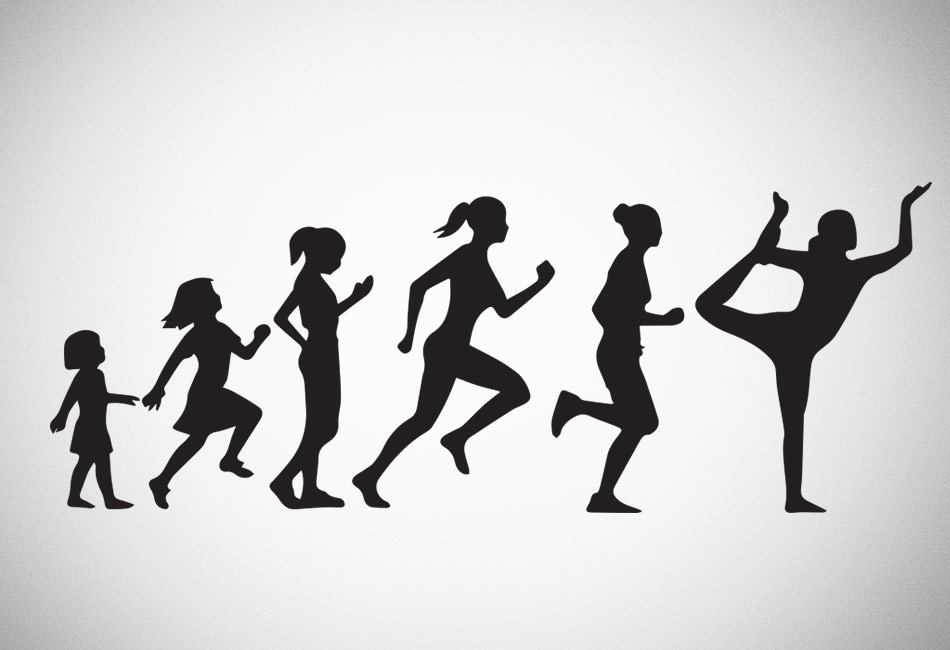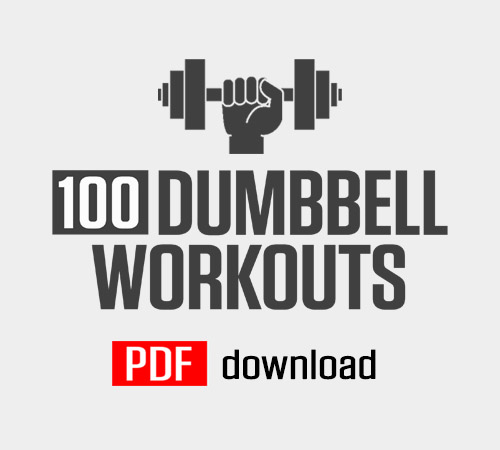Healthy ageing and longevity are distinct from each other. Of those of us who end up living a long life at least a third appear to have inherited the trait from our ancestors.[1] To some extent, obviously, there is an overlap in the two that stems from lifestyle choices made early in life and maintained, such as choosing to have a mostly plant-based diet[2] and engaging in regular exercise[3]. Which is why we are looking at it here.
Every situation we face however is made up of what we have to accept, what we can control and what we can influence. It’s no different to when it comes to health and longevity. Genes are one of the things we have to accept. But what we eat and how active we are, are things we control. In turn these influence our overall health, energy levels, cognitive health and quality of life as we age and even play a role at genetic level as tour diet activates or puts to sleep specific genes[4].
This means that when it comes to ageing gracefully we’re in the driver’s seat of our own future health and longevity. What we choose do in the present determines what will happen to us in the future. Going about it however requires a little planning, some knowledge and some time-management skills.
The good news is that even if we start to exercise late in life there are epigenetic changes[5] we can achieve that will reverse some of the biological ageing we experience at a cellular level. The human genome, our DNA in other words, which was widely believed to be immutable in its effects, has been found to be more of a switchboard parts of which can be turned on and off via exercise[6]. A study, for instance, showed that a group of men in their 20s subjected to a six-week long program of HIIT training achieved changes in skeletal muscle which, in turn, affected the way their body handled insulin, cardiovascular inflammation, cell health and cell repair.[7]
Equally good news starting on a good nutrition program that avoids meat and dairy also affects our DNA.[8] Logically, a combination of the two, even in moderation, should provide additional health and fitness benefits that reverse biological ageing and physical and cognitive decline.
Where To Start
If you’re new to all this the obvious question is how to even begin. The obvious answer that really works here is slowly and progress incrementally. This holds true whether it is exercise or diet and, ideally, you should be looking at both.
Age is no barrier and you can start at any point and you then need to be consistent. Ageing is driven by entropy[9], the universal law that says things wind down unless meaningful work is done to prevent it. Think of the body as a clock that needs to be wound up each day. At some point the spring that keeps it going will break because it will have exhausted its lifespan, but careful, methodical daily winding means that until that happens the clock will keep good time.
It’s important to create a sustainable, daily fitness routine and then stick to it.
1Do something small every day. Go for a walk each day or do Daily Dares.
2Do something special every month. Take on one of the monthly Fitness Challenges.
3Put in place a sustainable progression. Think about doing a 30-day fitness program. Go for Foundation Lite if you’re a beginner or Foundation if you’re not new to exercise but haven’t worked out for a while.
4Make yourself accountable. Keep a daily diary. Join a community of like-minded people like The Hive and start a thread.
5Become a motivator for others. Share your fitness journey and personal experiences with others. Raise them when they need to be raised. Share knowledge. Take part in their fitness journey as you can and yours then becomes a lot easier to sustain.
6Question dogma. The fitness world is full of things you “can’t” and “shouldn’t” do. We know everyone’s different and the brain and body are an indivisible part of a whole. If you’re not sure about something bring it up in The Hive. If you’ve found something amazing you’d like to share like a new study or an example to be followed we also have a place for that.
7Be positive. Start each day feeling grateful. It actually affects the way your brain works which then affects your health and quality of life.
8Don’t neglect the mind. Meditation rewires the brain. It is easier the do than you think and you’re not alone, even in this.
9Breathe correctly at all times. Breathing affects how the body works at both a mechanical and biochemical level. Learn how breathing affects your body and mind.[10]
10Don’t neglect strength. Always factor in some strength-building activity in your week or month. Strong skeletal muscles resist fatigue and change the body’s endocrinological profile. They play a significant role in maintaining good health as the body ages.
The Bottom Line
Ageing gracefully requires us to stay active and eat sensibly. The commitment to a better lifestyle has to be sustainable. In return the rewards are that we have more active, healthy years as we age and enjoy the years we have as we age.
Sources
- Herskind, A.M., McGue, M., Holm, N.V. et al. Hum Genet (1996) 97: 319.
- Toumpanakis A, Turnbull T, Alba-Barba IEffectiveness of plant-based diets in promoting well-being in the management of type 2 diabetes: a systematic reviewBMJ Open Diabetes Research and Care 2018;6:e000534. doi: 10.1136/bmjdrc-2018-000534
- Mandsager K, Harb S, Cremer P, Phelan D, Nissen SE, Jaber W. Association of Cardiorespiratory Fitness With Long-term Mortality Among Adults Undergoing Exercise Treadmill Testing. JAMA Netw Open. Published online October 19, 20181(6):e183605. doi:10.1001/jamanetworkopen.2018.3605
- Bouchard-Mercier A, Paradis AM, Rudkowska I, Lemieux S, Couture P, Vohl MC. Associations between dietary patterns and gene expression profiles of healthy men and women: a cross-sectional study. Nutr J. 2013;12:24. Published 2013 Feb 12. doi:10.1186/1475-2891-12-24
- The activity level of skeletal muscle modulates a range of genes that produce dramatic molecular changes—and keep us healthy.
- Booth FW, Chakravarthy MV, Spangenburg EE. Exercise and gene expression: physiological regulation of the human genome through physical activity. J Physiol. 2002;543(Pt 2):399–411. doi:10.1113/jphysiol.2002.019265
- Miyamoto-Mikami E, Tsuji K, Horii N, et al. Gene expression profile of muscle adaptation to high-intensity intermittent exercise training in young men. Sci Rep. 2018;8(1):16811. Published 2018 Nov 14. doi:10.1038/s41598-018-35115-x
- Stover PJ, Caudill MA. Genetic and epigenetic contributions to human nutrition and health: managing genome-diet interactions. J Am Diet Assoc. 2008;108(9):1480–1487. doi:10.1016/j.jada.2008.06.430
- Hayflick L. Entropy explains aging, genetic determinism explains longevity, and undefined terminology explains misunderstanding both. PLoS Genet. 2007;3(12):e220. doi:10.1371/journal.pgen.0030220
- Your lungs and exercise. Breathe (Sheff). 2016;12(1):97–100. doi:10.1183/20734735.ELF121










